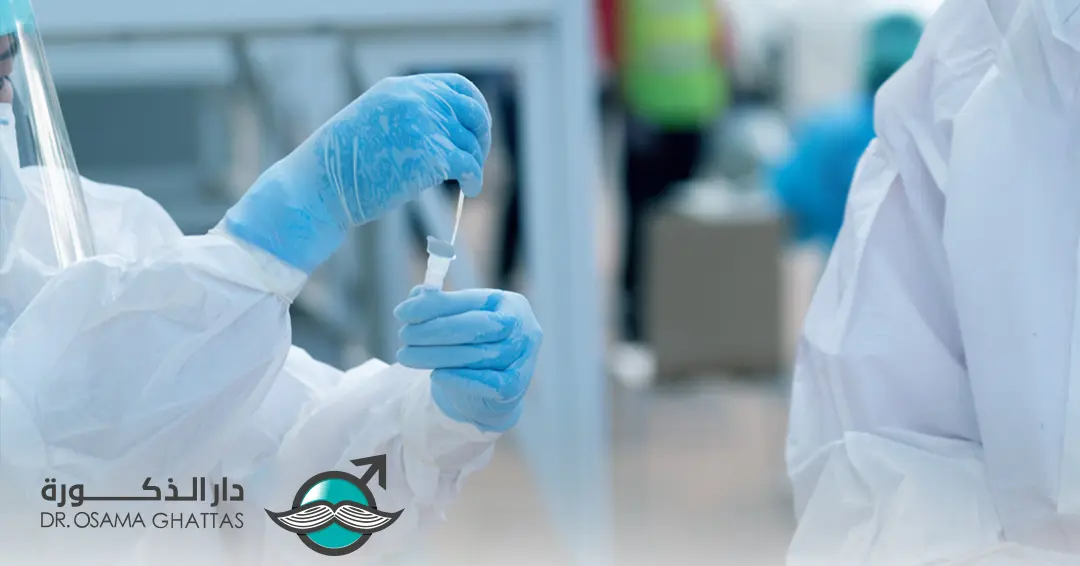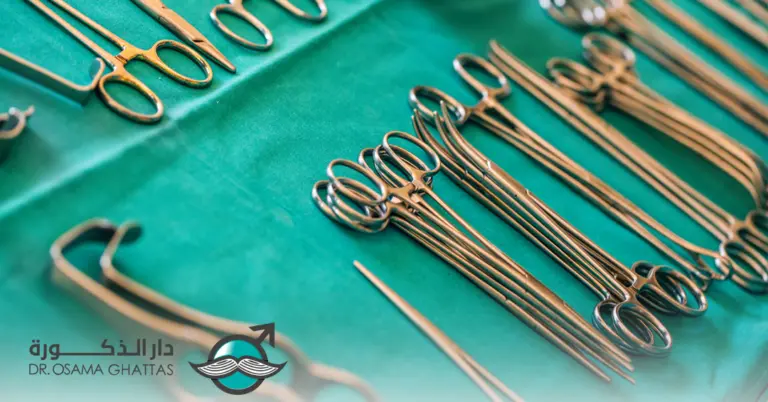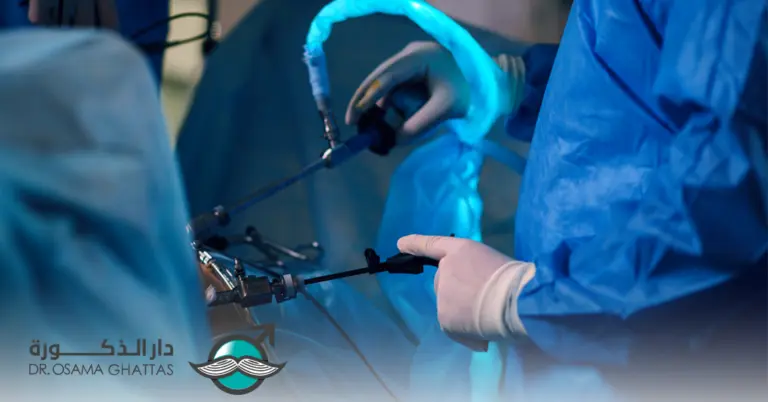Against Routine Nasal Swabbing of the Surgical Team Before Penile Implant Surgery
Background:
- Penile prosthesis implantation carries a high risk of infection, and rigorous infection control measures are critical to reducing complications.
Why shouldn’t it be a routine practice?
While nasal colonization with Staphylococcus aureus, including methicillin-resistant strains (MRSA), is a known risk factor for surgical site infections (SSI) in patients, extending routine nasal screening and decolonization protocols to the surgical team is not currently evidence-based — and comes with several drawbacks.
- Lack of evidence for team screening
Available data and guidelines focus on screening patients, not surgical staff, for nasal carriage of S. aureus before procedures involving implants. Decolonization protocols (e.g., mupirocin ointment + chlorhexidine baths) have been shown to reduce SSIs in patients, but studies in the general surgical literature have not demonstrated that routinely swabbing or decolonizing surgical staff improves SSI rates in clean or clean-contaminated cases, including urologic implant surgeries. - Low prevalence of transmission from surgical staff
While healthcare workers may intermittently carry S. aureus in the nares, the actual risk of transmission from masked and gloved staff in the operating room to the sterile field is extremely low under standard infection control measures. The use of masks, head covers, gowns, gloves, and sterile technique already minimizes shedding and environmental contamination.
- Potential to create logistical and ethical problems
Mandating nasal swabs for all operating room staff before every penile prosthesis surgery would impose logistical burdens, increase costs, and raise ethical concerns about workplace surveillance and medical privacy. It could also stigmatize colonized staff without clear evidence of benefit to patients. - Risk of distracting from high-yield measures
Focusing resources on routine team nasal screening risks diverting attention from infection prevention practices with strong evidence of efficacy — such as no-touch surgical techniques, antibiotic prophylaxis, use of antibiotic-coated implants, proper skin preparation, double-gloving, intraoperative glove changes, and minimizing operative time. - Professional guidelines do not support it
Major professional societies, including the American Urological Association (AUA), do not recommend routine nasal screening of surgical staff before penile prosthesis implantation. Current best practices center on optimizing patient preparation, operative technique, and implant handling.
Conclusion:
- In summary, while patient nasal screening and decolonization may reduce implant infection risk, routinely swabbing the surgical team before penile implant surgery is not supported by evidence, may create unnecessary burdens, and risks distracting from well-established infection control strategies. Infection prevention protocols should continue to focus on high-impact, evidence-based measures that directly improve patient outcomes.
References:
- Köhler, Tobias S., Ricardo Munarriz, Justin Parker, Carlo Bettocchi, Georgios Hatzichristodoulou, Francisco E. Martins, Ignacio Moncada et al. “Penile prosthesis for erectile dysfunction: recommendations from the 5th International Consultation on Sexual Medicine.” Sexual Medicine Reviews 13, no. 2 (2025): 144-171.
- Baird, Bryce A., Kevin Parikh, and Gregory Broderick. “Penile implant infection factors: a contemporary narrative review of literature.” Translational andrology and urology 10, no. 10 (2021): 3873.
- Hebert, Kevin J., and Tobias S. Kohler. “Penile prosthesis infection: myths and realities.” The World Journal of Men’s Health 37, no. 3 (2019): 276.
- Jarow, Jonathan P. “Risk factors for penile prosthetic infection.” The Journal of urology 156, no. 2 (1996): 402-404.
- Pineda, Miguel, and Arthur L. Burnett. “Penile prosthesis infections—a review of risk factors, prevention, and treatment.” Sexual Medicine Reviews 4, no. 4 (2016): 389-398.
- James, Lyndon P., Natasha K. Stout, Taliser R. Avery, Sarah Stein, Kenneth E. Sands, Edward J. Septimus, Julia Moody et al. “Universal vs Targeted Chlorhexidine Bathing and Nasal Decolonization in Hospitalized Patients.” JAMA Network Open8, no. 3 (2025): e250341-e250341.
- Grant, Patti S., and Caitlin Crews-Stowe. “Spine surgical site infection outcome with preoperative application of a presaturated 10% povidone-iodine nasal decolonization product in a 32-bed surgical hospital.” American Journal of Infection Control 53, no. 1 (2025): 132-138.
- Castañé, Eduard Ruiz, and Dorón Vantman. “Treatment of penile prosthesis implant infections.” In Penile Prosthetic Surgery, pp. 305-310. Academic Press, 2025.
- Norton, Sarah M., Josephine Walshaw, Eleanor Simmons, Dasha Pospyelova, Daniel Wignall, Ian Eardley, Mamoun Elmamoun, and Patrick C. Gordon. “Global survey on penile implant surgeons’ preferences and intra-operative decision making.” The Journal of Sexual Medicine (2025): qdaf039.
- Bettocchi, Carlo, Anna Ricapito, Matteo Rubino, Michele Di Nauta, Gian Maria Busetto, Luigi Cormio, and Giuseppe Carrieri. “Ongoing research future of the penile implant.” In Penile Prosthetic Surgery, pp. 337-352. Academic Press, 2025.


